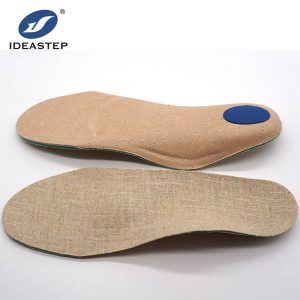
When choosing odor-fighting insoles, consider the following factors:
1. Material
Look for insoles made from materials known for their odor-fighting properties. Common options include activated charcoal, bamboo charcoal, silver-infused fabrics, or antimicrobial-treated materials.
2. Breathability
Opt for insoles with good breathability to allow air circulation and moisture-wicking. This helps to reduce sweating and prevent the buildup of odor-causing bacteria. Materials such as mesh, perforated foams, or moisture-wicking fabrics can enhance breathability.
3. Absorption
Choose insoles that have high moisture absorption capabilities. These insoles can help absorb sweat and moisture, keeping your feet dry and reducing the chance of odor formation. Look for materials like moisture-wicking fabrics, natural fibers, or absorbent foams.
4. Washability
Insoles can accumulate dirt and odor over time, so it’s beneficial to select washable insoles. Being able to clean them regularly helps maintain freshness and hygiene. Check if the insoles are machine washable or can be hand washed easily.
5. Size and Fit
Ensure the insoles fit properly inside your shoes and offer adequate support and cushioning. Look for options available in different sizes or those that can be trimmed to fit your shoe size.
Consider these factors based on your preferences and foot needs. If you have specific foot conditions or require personalized advice, it is advisable to consult a healthcare professional or seek assistance from a knowledgeable salesperson when making your purchase.
Related product links: https://www.aideastep.com/product/odor-fighting-insoles/.
